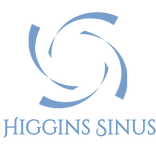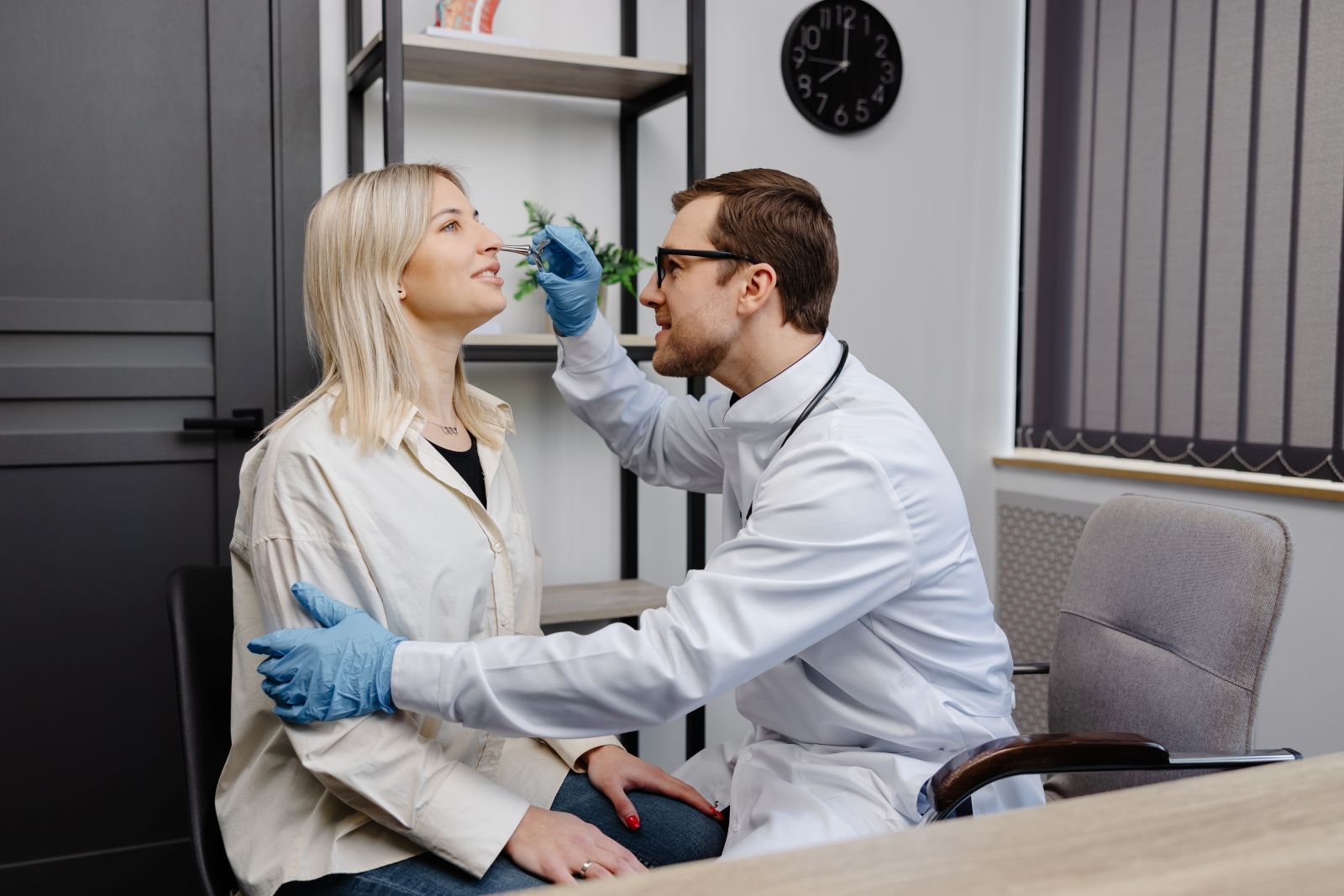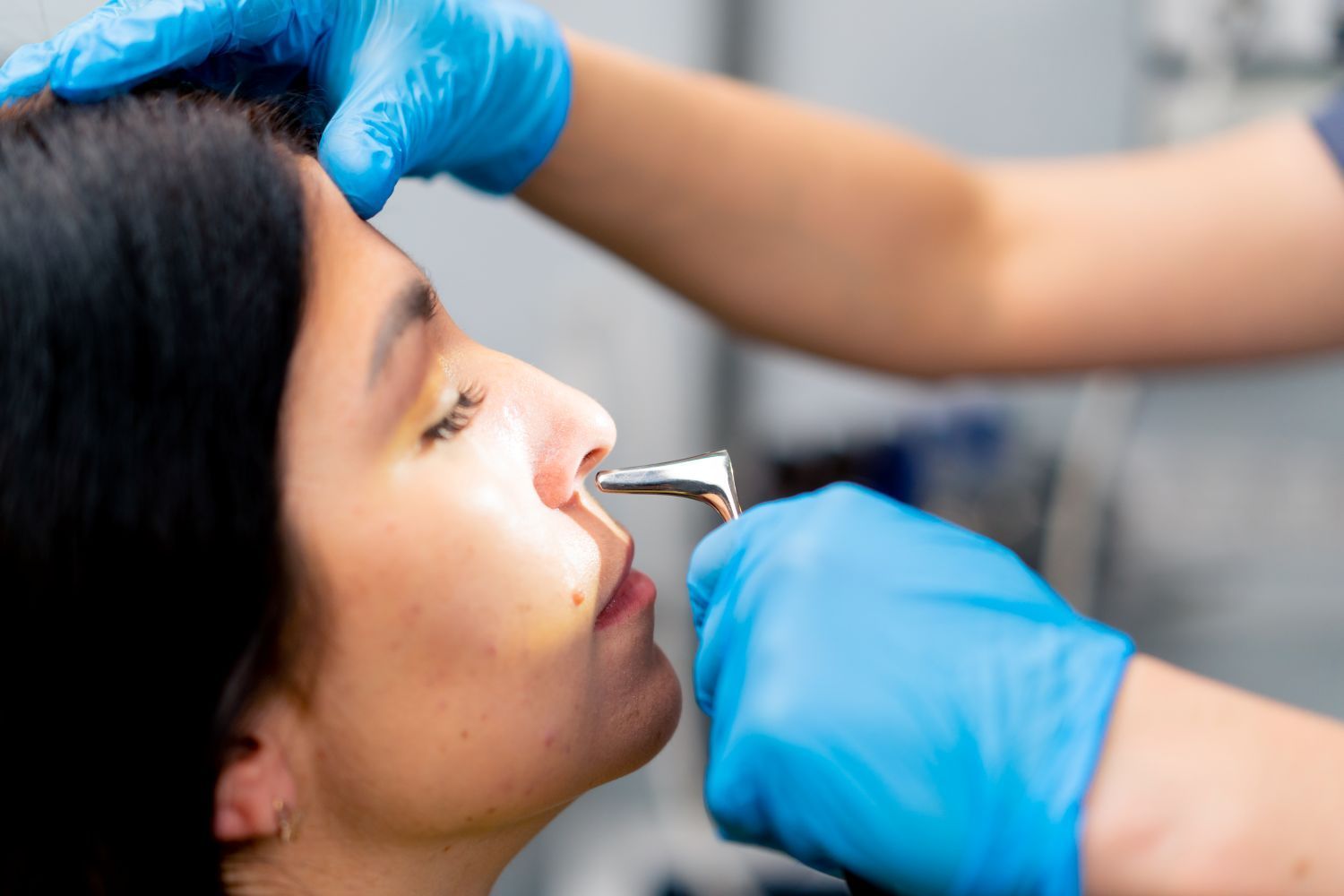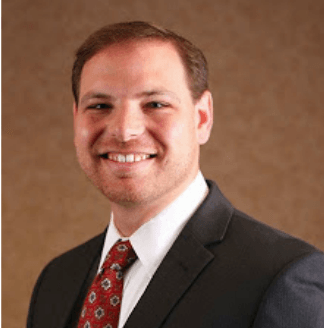What Happens During Septoplasty?
Septoplasty is a procedure designed to treat a deviated septum. In other words, it is used to straighten out the cartilage and bones that separate your nostrils. Some people are born with a deviated septum, and some people develop this condition after a traumatic facial injury. Regardless, it must be treated as soon as possible. Today, our experts at the office of Dr. Thomas S Higgins, MD, MSPH in Louisville, KY discuss everything you need to know.
What Happens During a Septoplasty?
During this procedure, your nasal septum will be trimmed if it is too wide. Then, your cartilage and bone will be repositioned. Depending on whether you were born with a deviated septum or developed one recently, we may also replace some of the cartilage and bone. If the structural damage to your septum is along your nose's bridge, we will graft extra cartilage from another part of your body and reinforce the cartilage currently supporting your septum.
Is This Procedure Painful?
Not really, patients often comment how little pain or discomfort they experience after this procedure. The procedure is usually performed under general anesthesia. It may be administered intravenously or it may be inhaled. Depending on the scope of your procedure, your health, and your personal preference, you may only require local anesthesia.
General anesthesia is ideal for many procedures because it numbs the entire body and puts you to sleep so you will not feel anxious during your procedure. Local anesthesia is administered into your nasal tissues via injection and numbs only the nose. If you would like to be sedated during your procedure, this will be done intravenously, but you will still be conscious. The intravenous sedation will only make you feel groggy.
How Should I Prepare for My Procedure?
There are several very important things you must do in preparation for your procedure. One of the most important things you can do pre-op is to stop smoking and drinking alcohol. It is so important to refrain from consuming alcohol and tobacco products because these products contain chemicals that elevate your blood pressure. Elevated blood pressure may affect your procedure and will slow down your recovery significantly.
Another very important thing you must do to prepare for your procedure is to ensure you are hydrated. The more hydrated you are, the smoother your procedure and recovery will go. Other important preparation steps include not taking NSAIDs, not taking fish oil supplements, and not taking garlic supplements. These drugs and supplements will thin your blood and may affect your procedure.
Will I Have to Fast Before My Procedure?
We will advise you on whether you need to fast before your procedure during your initial consultation. If you are only receiving local anesthesia, there will be no need to fast.
However, if you have general anesthesia, you must refrain from eating or drinking during the eight hours leading up to the time you are scheduled to arrive at our office. Note, you may drink clear liquids, like water up to two hours before your scheduled arrival time.
What Happens After This Procedure?
Once your septum is repaired, we will use absorbable sutures to close the incisions. If your septum needs a little extra support during your recovery, we will insert a soft silicone splint into each nostril. Also, a bandage may be packed into your nose temporarily. Once all of that is done, we will move you to a recovery room and observe you for a few hours to ensure that your general anesthesia wears off enough.
What Should I Expect During My Recovery Period?
During the first 24 to 72 hours following your procedure, you should expect to feel pretty groggy. This is a natural response to sedatives regardless of whether you receive intravenous sedation or general anesthesia. Also, you will feel tired because it takes energy for your body to heal, which is what it will be concentrating on for a few days.
How Should I Care for Myself During My Recovery Period?
There are several things you must do to care for yourself during your recovery period. For instance, you must keep your head elevated above your head while you sleep. To accomplish this, you may want to sleep with a travel pillow under your neck, sleep with an extra pillow under your head, or sleep in a recliner. It is also highly advisable to wear dresses or button-up shirts so you don't have to pull anything over your head.
Furthermore, it is very important that you avoid strenuous activities for up to two weeks post-op. If you have a strenuous job, we will meet with you when you start to feel like your old self to determine whether it is safe for you to go back to work.
Is There Anything Else I Should Avoid Post-Op?
Yes, there are other post-operate restrictions. For instance, it is very important that you don't blow your nose for several weeks. If your nostrils feel itchy, you can spray a saline solution into your nostrils to relieve the itching. You can make your own sterile saline solution by boiling tap water and mixing salt and baking soda into it, or you can use distilled water that doesn't need to be boiled. You can also purchase nasal spray at your favorite pharmacy.
Other things you should avoid during your recovery period include steaming hot water and foods, alcohol, spicy foods, and tobacco products. It is very important to keep your blood pressure normal while you recover.
How Long Will My Recovery Period Take?
You will only need to take a few days off from school, or you will only need to take a few days off from work if you have a sedentary job. If you have a strenuous job, you may need to take over a week off. We will bring you in for a follow-up appointment after your procedure to assess your recovery and advise you on how much of your routine you can get back to. As for complete recovery, you will only need to wait four to eight weeks.
Am I a Good Candidate for This Procedure?
To determine whether septoplasty is right for you, it is important that you come in for an initial consultation. During this initial consultation, we will discuss your medical history, including any other procedures or treatments you have had in the area. We will also discuss your current health to ensure you are currently healthy enough to undergo this procedure.
Septoplasty is a procedure that will improve your breathing by trimming off any excess cartilage and bone, reposition your nasal septum as necessary, and replace any damaged cartilage. To find out if this procedure is right for you, visit the office of Dr. Thomas S Higgins, MD, MSPH in Louisville, KY for an initial consultation. We look forward to meeting you and helping you improve your breathing.
Thomas S. Higgins, MD, MSPH
Dad. Husband. Sinusitis Nerd.















